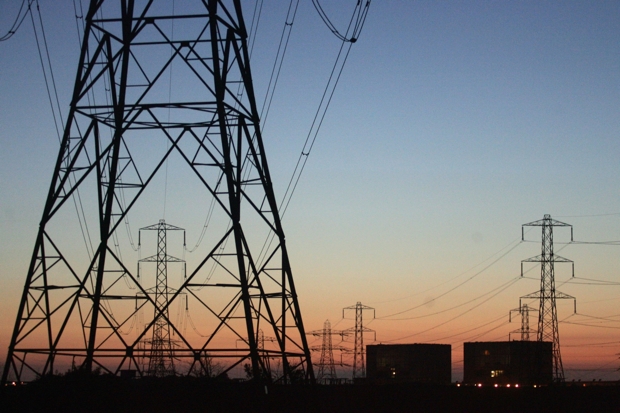I am inundated with press releases, emails and phone calls from PRs, all wanting to talk about their clients, the latest piece of ‘ground-breaking’ research or a news story so innovative that not to publish would have disastrous consequences.
While some of these communications are useful and thought-provoking, a fair few are, to use the vernacular, total pants. In journalism, we have a number of phrases to describe these releases, from ‘no shit sherlock’ to ‘night follows day’. Decorum prevents me from mentioning the other, swearier, descriptions.
It’s safe to say that Scottish Power’s response to Conservative plans to cap energy prices falls into the ‘night follows day’ news category. Wait, a big six energy provider thinks maximum price caps are a bad idea? Hold the front page!
Under the proposals, which are part of the Tory manifesto, following an election win the Conservatives would permit Ofgem to implement a price ceiling for customers on standard variable tariffs. Damian Green, the work and pensions secretary, claims the policy will save families around £100 a year.
Leaving aside the fact that capping utility bills was a key policy in Labour’s 2015 general election manifesto, but was seized on by David Cameron as evidence that Ed Miliband wanted to live in a ‘Marxist universe’, the proposals are sure to strike a chord with the 800,000 poorest pensioners and 1.5 million low-income families who are languishing on standard variable tariffs.
And there’s no denying that energy bills have soared – and that’s just since the beginning of the year. Since January, Scottish Power, EDF, Npower and E.On have all announced double-digit price increases.
Today, Scottish Power’s chief corporate officer, Keith Anderson, told the BBC: ‘If you put a cap on prices, you actually stop competition. That’s the danger of price intervention.’ He added that when companies do not compete as much, that tends to lead to fewer benefits for customers.
Over the weekend, Iain Conn, head of British Gas owner Centrica, said: ‘We do not believe price regulation is in consumers’ interests. Price regulation will result in reduced competition and choice, stifle innovation and potentially impact customer service.’
OK, government intervention in the form of wholesale price caps does sound like a heavy handed approach. And there is evidence that past moves of this ilk have resulted in lower switching rates and higher prices. But something has to be done to stop energy providers from hiking prices on a regular basis, and well in excess of the rate of inflation. If a headline-grabbing ploy to shore up voters goes some way to achieving this, I’m all for it.
Helen Nugent is Online Money Editor of The Spectator






Comments